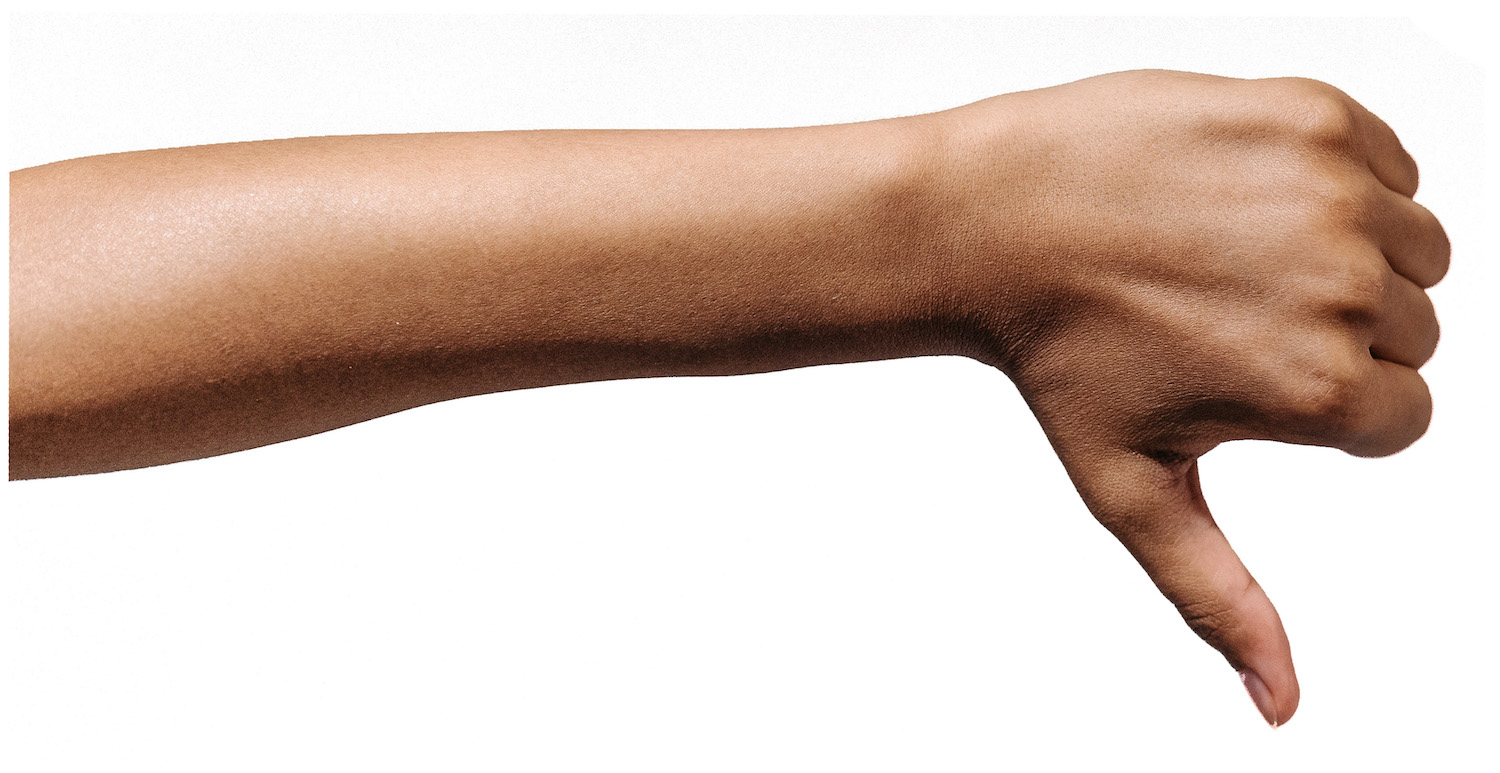“Dictatorship in the arts, democracy in everything else.”
—Dave Godin
It might come as a shock to some young people but there was once a time when not every single person was an artist.
People are always talking about “the role of the artist in the digital age,” as if it’s an entirely different game these days, and, it’s true, things are very different: The art world has become both less and more competitive now that almost everybody thinks of themselves as being a writer and/or an artist owing to the mass delusion of artistic credibility facilitated by the dubious freedoms of the internet.
What a felicitous turn of events it is that you happen to like the work of all of your friends, and that all of your friends like your work in return. One posts one’s poems, paintings (or, worst of all, one’s photographs) online, one’s friends like them, and this means that one is some sort of artist. The more friends one has, the more of an artist one is.
To exist on social media is to exist in a realm of constant unanimous, reciprocal admiration, surrounded by yes-men and women who unreservedly validate one’s aspirations and pretensions. If somebody likes you as a person, or wants you to like them, they like your work. That’s all it takes. As Oscar Wilde observed, “Bad artists always admire each other’s work.”
With the lack of quality control in the digital age there is no escape from essentially talentless people playing at being artists. Most of them are wasting their time, and everybody else’s, by assuming they have anything of value to contribute. And forget about style or originality: that all went out with the manual typewriter.
It is now impossible to stop this torrential influx of vanity art and unchecked mediocrity. The doors have been flung open and it’s a free-for-all of collective narcissism that has spread into the fickle realm of galleries and publishing houses. If one commands enough of a social media presence—if one has enough friends—the powers that be will be much friendlier towards one. I would cite examples of this all-too-pervasive phenomenon but I’m on cordial terms with some of the people whose careers have benefited from it and don’t want to risk upsetting their fragile egos. Time will shake them out. Or will it? Maybe this sorry state of affairs could go on forever. Maybe it could get even worse. There’s no reason to think it won’t. It has been getting worse for years.
How are these punishers, pretenders, poetasters and Renaissance dabblers going to realize they’re getting away with murder if nobody ever tells them? On a personal level, even if it is for their own good, it is difficult to criticize the work of an acquaintance whom one likes as a person, who is talentless but essentially harmless. As is the work itself: harmless. These days it often presents itself as being dangerous, subversive, transgressive, etc., but it is completely harmless: Transgressive is the new harmless. Anyway, nobody takes it very seriously, including the artists themselves: the work usually serves only as an occasional cerebral adjunct to the social life.
Artists that can’t draw or paint, writers that have no command of language, singers who have no voice of their own. That’s the new art world order, and the role of the artist in the digital age should be to take a stand and actively discourage people who (shouldn’t) call themselves artists from producing and disseminating their worthless works. We can all do our part, either by ceasing to produce ourselves, or by discouraging others from doing so. The time has come to Stop being Supportive.


